New PGWP Changes 2024: The PGWP in Canada has remained a prominent means through which students from other countries have been able to get employment in Canada after they complete their studies.
However, restrictions on the PGWP eligibility were introduced on 18 September and are to begin from 1 November 2024 only.
Also, at the time of announcing this change, there was no explicit mention of what constituted eligibility criteria; however, now, IRCC has released lists of permitted study programs for obtaining PGWP after November 1.
It is in these provisions that we have endeavoured to clarify and narrow the definition of the student profile which may be helpful in this work permit.
In this article, I will discuss what will happen in the near future, what will remain the same, and what programs enable one to qualify for the extension of PGWP beyond November 1, 2024.
What Hasn’t Changed
For the many applications that fit the following criteria, the eligibility for the PGWP program remains essentially the same after the new rules set in.
Here are the key aspects that remain the same:
Designated Learning Institution Requirement: Students must have another program that has been in a PGWP-eligible designated learning institution (DLI). Incentives have also not changed over time in terms of this requirement.
Physical Presence: There is still the general condition that the majority of the students have to be physically present in Canada during their program.
Existing Applications: If you apply for a PGWP before November 1, 2024, then the only eligibility criteria that will apply to you are those that are current, and hence, you would be safe from the above changes.
Flight School Graduates: However if you graduate from a PGWP eligible flight school the new criteria will not apply to you regardless of whether you apply for a work permit after November 1,2024.
New Eligibility Requirements Effective November 1, 2024
Working while on study permit As for the students who will be planning to apply for the PGWP after November 1, 2024, numerous changes have been made to the enrolment requirements.
Some of these are grouped according to the time when you applied for your study permit and your academic level.
1. For Students Who Submitted Study Permit Applications Before November 1, 2024
If you submitted your study permit application before November 1, 2024, the following conditions apply when you apply for a PGWP after this date:
University Graduates with a Bachelor’s, Master’s, or Doctoral Degree:
Language Requirement: You must provide proof of your language skills in English or French and demonstrate that you meet the Canadian Language Benchmarks of at least 7 on all four of the competencies, namely reading, writing, listening, and speaking.
Other University Programs:
Language Requirement: You also need to have CLB 7 of English or Niveaux de compétence linguistique canadiens (NCLC) 7 in all four areas.
College or Other Programs:
Language Requirement: You will need to achieve grassroots level 5 in the four language skill areas in English or French, or the NCLC equivalent.
2. For Students Who Submit Study Permit Applications On or After November 1, 2024
If you submit your study permit application on or after November 1, 2021, you meet higher standards of eligibility.
Here’s what you need to know based on your program of study:
University Graduates with a Bachelor’s, Master’s, or Doctoral Degree:
Language Requirement: English 10 with minimum CLB 7 or French 10 with minimum NCLC 7 in all the four skills.
Field of Study Requirement: There are no other conditions that have to be met; all disciplines can be represented.
Graduates from Other University Programs:
Language Requirement: Canada Language Benchmark 7 or Noir Canada Language Classification 7 in all the areas for English or French respectively.
Field of Study Requirement: You must complete a program from a course/program in shortage discipline available at a recognized institution in Canada.
College Graduates or Other Programs:
Language requirement: CLB 5 in English or NCLC 5 in French, in each of the four domains.
Field of Study Requirement: Despite this, you must graduate from an eligible field of study linked to particular occupations that have sustained shortage characteristics.
General Training English Tests Will Be Needed
One of the new changes under the new implementation is that language proficiency becomes one of the requirements for eligibility of PGWP.
You must demonstrate your skills in the following areas:
Reading
Writing
Listening
Speaking
Thus, the language test results must be scored not earlier than two years before applying for a PGWP. Accepted language tests include:
English Language Tests:
CELPIP (Canadian English Language Proficiency Index Program): Take the CELPIP-General test.
IELTS (International English Language Testing System): That is why you should take the IELTS General Training option.
Eligible Fields of Study for PGWP After November 1, 2024
The new PGWP rules have brought new eligibility requirements in light of specific fields of study for some study programs.
These fields are correlated with occupations in the shortage supply occupational areas in Canada.
If your study program comes under any of these categories you will be able to apply for the PGWP. The fields of study that lead to:
Healthcare occupations
STEM which refers to Science, Technology, Engineering, and Math related careers.
Trade occupations
Transportation occupations
Agriculture and agri-food industries and occupations
However, below are a few examples of eligible programs across different fields of study as shown by this company. The student is advised to check in their specific program on what CIP code is allowed.
1. Agriculture and Agri-Food:
Agriculture, General (CIP Code: 01.0000)
Agricultural Business and Management (CIP Code: 01.0101)
Agronomy and Crop Science (CIP Code: 01.1102)
Animal Health (CIP Code: 01.0903)
Greenhouse Operations and Management (CIP Code: 01.0604)
Dairy Husbandry and Production (CIP Code: 01.0306)
2. Healthcare:
Veterinary Sciences (CIP Code: 01.8101)
Disability Studies (CIP Code: 05.0210)
Nutrition Sciences (CIP Code: 30.1901)
Special Education (CIP Code: 13.1001)
Exercise Science and Kinesiology (CIP Code: 31.0505)
3. Science, Technology, Engineering, and Mathematics (STEM):
Molecular Genetics (CIP Code: 26.0802)
Genome Sciences/Genomics (CIP Code: 26.0807)
Pathology/Experimental Pathology (CIP Code: 26.0910)
Exercise Physiology (CIP Code: 26.0908)
Computer Science (CIP Code: 11.0701)
4. Trade:
Meat Cutting (CIP Code: 12.0506)
Equestrian/Equine Studies (CIP Code: 01.0507)
Plant Nursery Operations and Management (CIP Code: 01.0606)
5. Transport:
Aircraft Pilot (CIP Code: 49.0102)
Marine Transportation (CIP Code: 49.0309)
Heavy Equipment Operation (CIP Code: 49.0205)
This is just a list of some programs and there are over hundreds of programs accepted to offer by universities across the globe in every discipline.
The new policy change that is set to be implemented for the post-graduation work permit in Canada is due to come into force on the 1 st November, 2024 and it has drastic implications to the international students planning to work in Canada after their studies.
The new language and field of study requirements as well as for those who will submit their study permits after the deadline bring an extra concern to students.
As a result, make sure your course meets the new requirements for issuing a PGWP and be ready to provide language proficiency in accordance with the requirements.
If you are intending to apply for the PGWP after the new rules come to force, then, make sure you read through this requirements critically and check with your institution or immigration consultant to ensure that you fulfil those new set of requirements.

